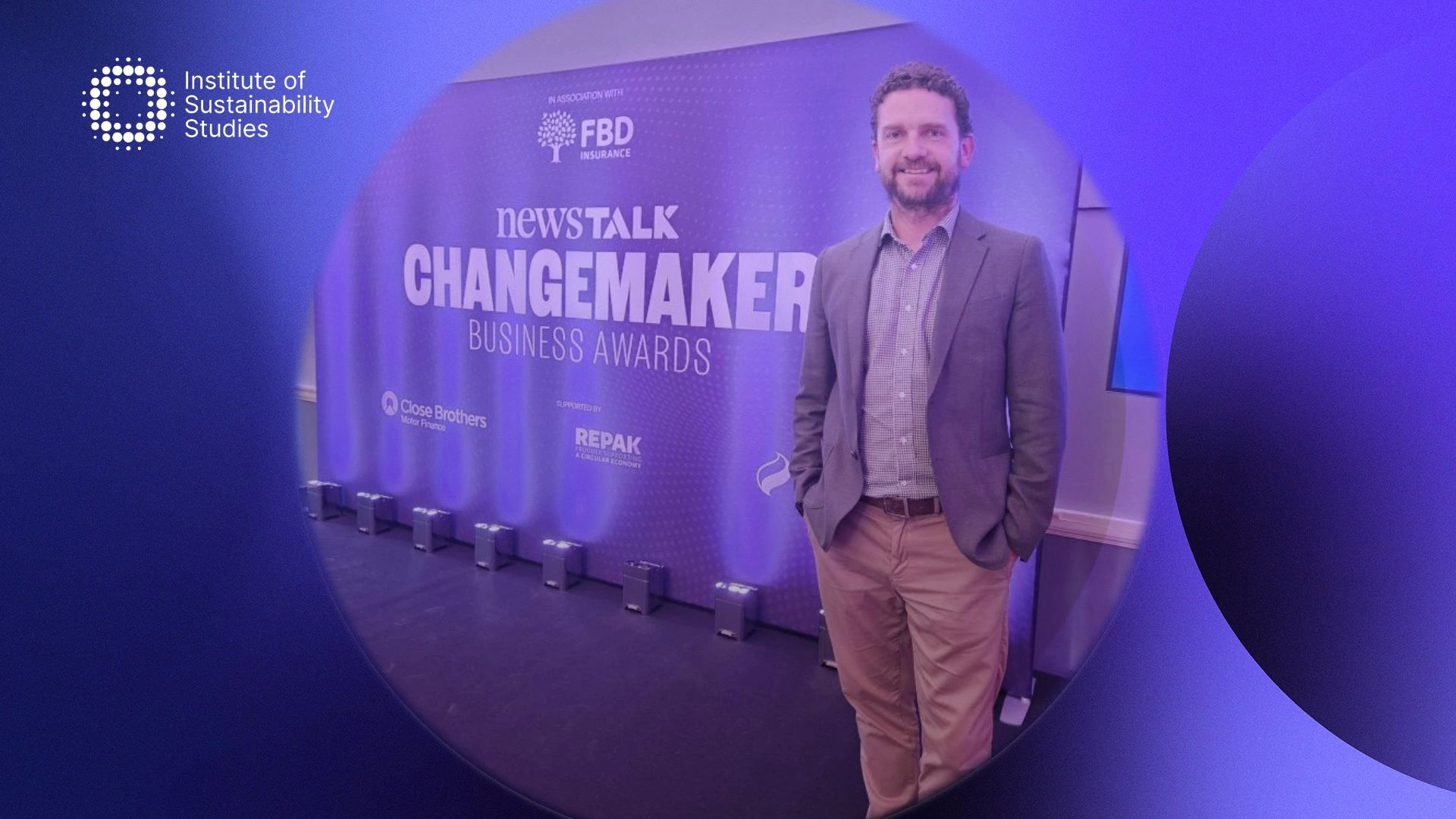With corporate sustainability strategies on the rise, the number of Corporate Social Responsibility jobs (CSR) has grown considerably. Consumers are increasingly demanding that businesses take social responsibility. According to research, 77 percent of consumers are motivated to support brands that commit to making the world a better place.
With this in mind, companies are actively looking for professionals who can drive their initiatives and help them achieve social responsibility. This field offers a wide array of roles and ultimately allows individuals to make a meaningful impact. Keep reading as we dive into emerging trends in Corporate Social Responsibility jobs and assess the future of CSR careers.
The evolving landscape of Corporate Social Responsibility (CSR) jobs
With the evolving landscape, there are a wide variety of Corporate Social Responsibility Jobs available today. There is an exhaustive list of jobs in Corporate Social Responsibility, but we’ve outlined a few of the most popular below.
Sustainability Analyst
The position of a Sustainability Analyst entails conducting audits, measuring environmental impact, and suggesting sustainable practices. This role is pivotal in enabling companies to address and comprehend their environmental impact whilst determining opportunities for climate action. They look at the environmental aspects of business operations and from there, conduct audits and offer recommendations for how the company can enhance its sustainability.
CSR Manager
Another one of the common Corporate Social Responsibility jobs UK is a CSR (Corporate Social Responsibility) Manager. They play a very important role in any business. This is because they take charge of creating and incorporating CSR strategies in the organisation. Additionally, they are responsible for driving ethical practices, sustainable impact, and caring for community partnerships.
This is an influential position because it looks for a combination of skills, including project management, a passion for social impact and sustainability, ethical awareness, and strategic thinking. Through driving CSR plans, fostering strong community partnerships, and driving ethical practices, they play an important role in spearheading the company’s commitment to sustainability.
Ethical Supply Chain Manager
The position of an Ethical Supply Chain Manager is also one of the pivotal Corporate Social Responsibility jobs. They ensure suppliers adhere to ethical standards, responsible sourcing, and fair trade practices. Additionally, an Ethical Supply Chain Manager also plays a crucial role in promoting sustainability and transparency throughout the supply chain.
Through creating and driving ethical guidelines, fostering strong collaboration with suppliers, and carrying out audits, they contribute to building both a sustainable and responsible supply chain. These efforts not only protect the environment and consider human rights but also boost the company’s image and reputation as an ethical and socially responsible organisation.
Skills required to succeed in a career in CSR
There are several skills required to successfully achieve one of these Corporate Social Responsibility jobs.
Sustainability knowledge
For a successful career in CSR, a solid understanding of environmental, social, and governance (ESG) is vital. CSR professionals must be well-versed in all various sustainability frameworks, from the Global Reporting Initiative (GRI) to the United Nations Sustainable Development Goals (SDGs).
It is also essential to keep up-to-date with emerging best practices, new relevant regulations, and current trends to ensure you are addressing key social and environmental issues.
Reporting and analytical skills
Professionals working in Corporate Social Responsibility jobs should also be proficient in impact assessment, collating comprehensive CSR reports, and data analytics. They must be capable of gathering and assessing data to determine the effectiveness of CSR strategies, pinpoint areas for improvement, and measure the environmental and social impact.
Proficiency in impact assessment methodologies enables them to quantify the results and communicate the value of their CSR efforts to both external and internal stakeholders in well-crafted reports.
Project management
CSR strategies require planning, executing, and evaluating with consideration. Therefore, strong project management skills allow those working in Corporate Social Responsibility jobs to seamlessly manage projects, make sure they align well with the organisation’s goals and deliver meaningful results.
This includes setting goals, creating project plans, measuring progress, determining outcomes, and coordinating resources. An organised and systematic approach makes sure CSR projects are implemented effectively and efficiently.
Cross-functional collaboration
To be an effective CSR professional, you will need strong negotiation, communication, and relationship-building skills. This is because, in the area of CSR, you will be required to collaborate with diverse stakeholders.
You will have to engage with individuals from a range of different departments, from marketing to finance, operations, and human resources. Effective collaboration will be critical in embedding CSR practices into the company’s overall strategy, and through this, CSR professionals can drive meaningful change and garner support.
How CSR careers are becoming integral to business strategy and sustainability goals
There is no doubt Corporate Social Responsibility jobs are becoming integral to business strategy and sustainability goals. This is because implementing CSR strategies brings many benefits to a business. For one thing, CSR can help companies attract and retain employees. A CSR strategy shows a company is compassionate and dedicated and that they treat all people well.
An organisation dedicated to enhancing the world is likely to attract more talent as a result. CSR strategies may also help to foster a more positive and productive work environment for team members. The implementation of these initiatives also has a positive impact on brand image and perception. The business world is incredibly competitive, and it can be challenging for organisations to set themselves apart.
Therefore, as businesses begin to take social responsibility seriously, they can win customers and curate a platform to market and garner their audience’s attention. Social responsibility can ensure people see your business as a positive force in society. The projects you and your team undertake can raise awareness for vital causes and keep your company top of mind. CSR also shows a sign of accountability to investors, and these strategies can help firms save money.
The future of Corporate Social Responsibility jobs
With this in mind, the future of CSR jobs is bright and marked by a focus on ESG performance, increased integration into business strategy, global collaboration, leveraging technology, and sustainable innovation. Sustainability continues to be a vital driver of business success, and CSR professionals will certainly play an important part in shaping the future of organisations. Equip your team to meet these evolving demands with our corporate compliance training, designed to support responsible, ethical, and forward-thinking business practices.










